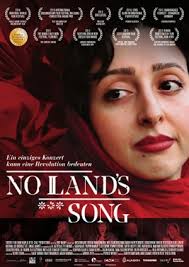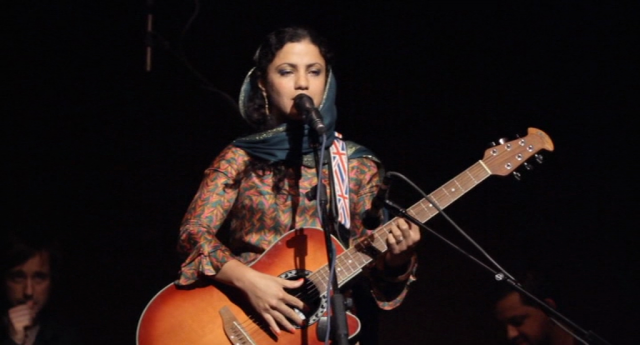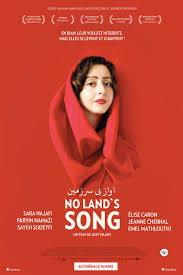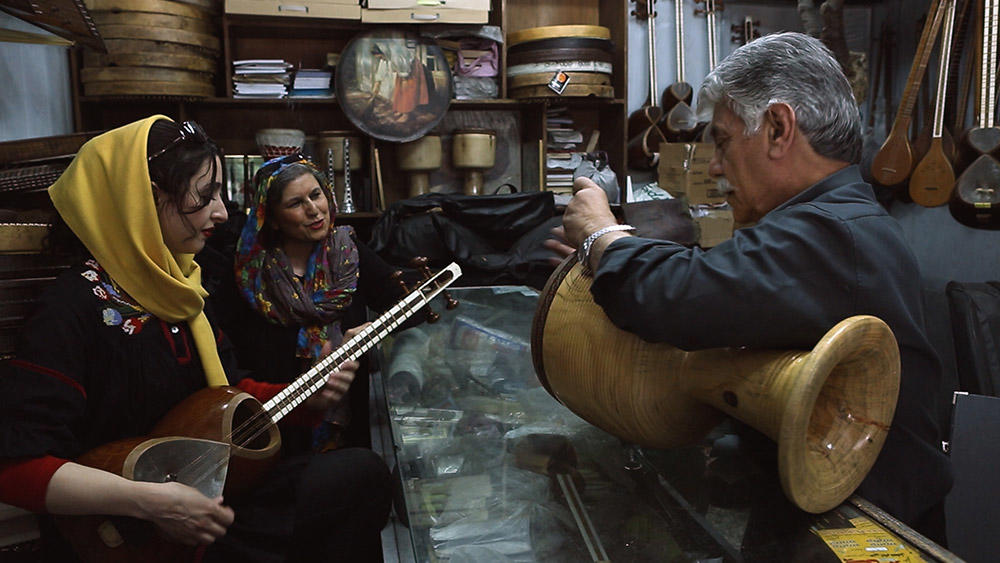Director: Ayat
Najafi
Year: 2014
Rating: 8.0
Country: Iran
I am most surprised that this Iranian documentary has not been officially
banned nor the filmmakers put in jail or stopped from making more films.
Of course, the film still has not been shown in Iran but it has been included
in many film festivals. It is a documentary about making music but politics
and religion weave their way throughout the film and not often in a positive
way. But this is life in Iran where these two elements are part of the everyday,
where people have to watch what they say, what they do, what they wear. Repression
doesn’t always come at you with a baton over the head but simply with barriers
and a bureaucracy that simply finds it safer to say no. One official responds
to the filmmaker’s inquiry as to why her request is being turned down ““Does
anything have a clear answer in this country?”. It is Dickensian as you shuffle
from one official to another or deal with changes in officials as the government
changes. Criticisms of the government don’t have to be directly made, just
observing is enough.

Since the 1979 Revolution women have not been allowed to sing solo in public
to a mixed audience because that will of course inflame men’s genitals as
we all know. One woman says ‘Not being able to sing is like they decided
to take the color blue out of our lives.”. Composer Sara Najafi, sister of
the director Ayat Najafi, wants to change that. And as she follows up on
this small dream, they film it and when she speaks to government officials,
they secretly tape record their conversations – all without permission of
course. Sara figures that she can break this taboo by including a number
of French performers and a female Tunisian singer who will knock your socks
off when she sings near the end – and call it a cultural bridge. So for over
two years she goes back and forth to Paris to set this up, finds some Iranian
female singers willing to join in – and is constantly turned down by the
government to have a concert. Even up to the day before the concert. She
just never gives up.

There is also a constant overlay of nostalgia, a yearning for the pre-Revolution
days – not back to the Shah mind you – but just to the days when people could
go out, have fun at a nightclub, have a few drinks and be able to sing. To
feel free and not be judged constantly by the religious police. Sara visits
the now closed down theaters and talks to older men who remember those days
and speaks worshipfully of two female singers of long ago who broke from
the norm. Music is everywhere in the film – in practice sessions, in women
just getting together in their back yard or kitchen and singing in harmony
and finally in the concert (not a spoiler since the film begins with Sara
on stage) the music is fabulous (I only wish they had shown the whole thing)
and songs with more than a tinge of rebellion in them. It is a great documentary
– warm affectionate, about perseverance and friendships made. And about the
love of music.




